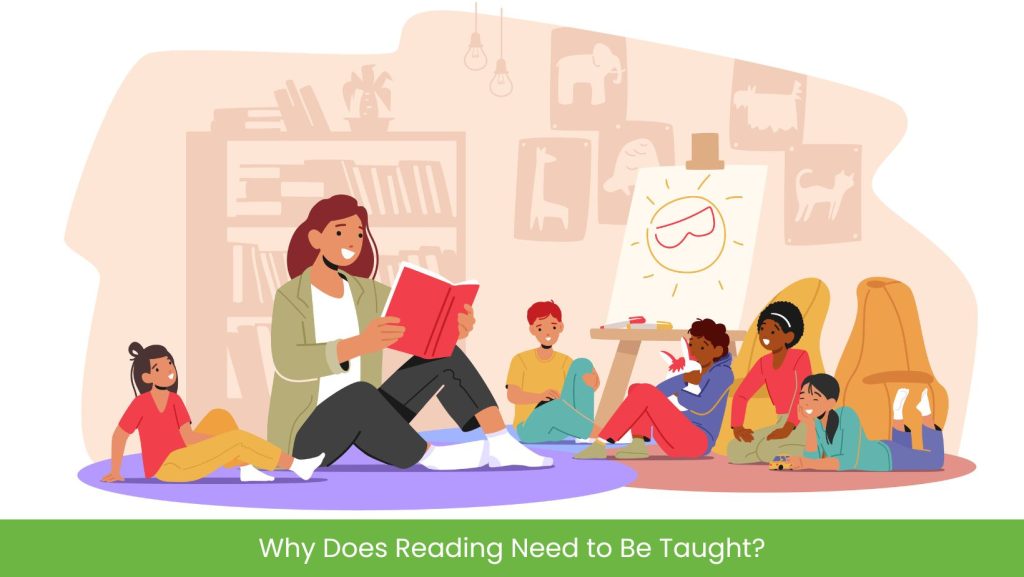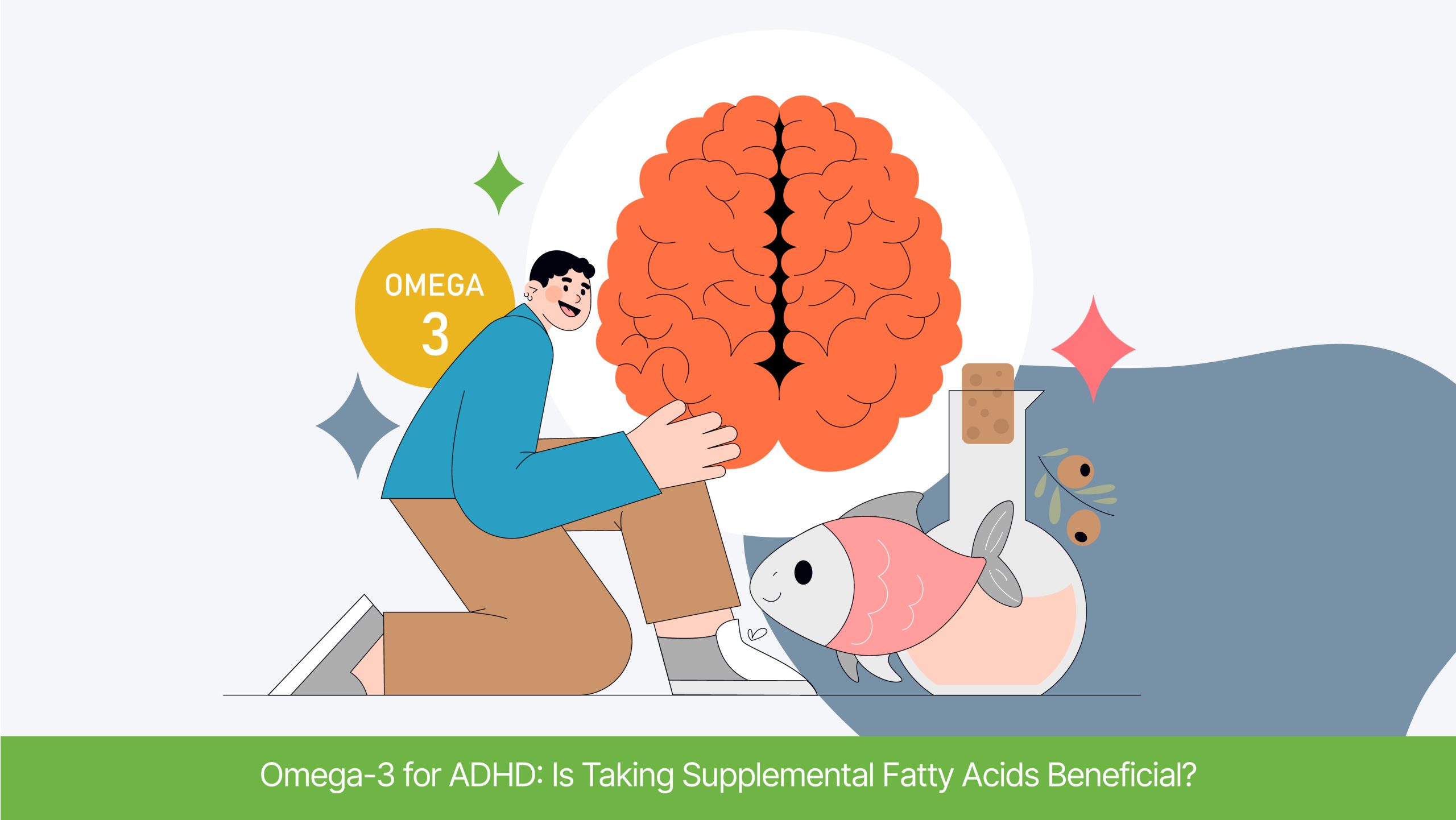Reading is one of humanity’s most powerful inventions. Unlike oral language, which humans acquire naturally, reading does not come “pre-programmed” into our brains. Children do not simply pick up reading by being surrounded with books or listening to stories. Instead, they must be taught.
This fact has profound implications for parents, educators, and the many students who struggle with reading. It also underpins our work at Evoke Learning, which helps students with learning challenges build the skills, strategies, and confidence they need to succeed.
The Reading Brain: An Invention, Not an Instinct
From a neuroscientific perspective, reading is not a skill with which we are born. The brain must create an entirely new circuit by “recycling” existing systems for vision, language, emotion, and cognition. These separate parts gradually connect, forming the first “reading circuit” that enables children to link sounds (phonology) with meaning (semantics) and visual symbols (letters and words).
Over time, this basic circuit becomes more sophisticated. It supports not only fluent reading but also deeper skills like critical thinking, empathy, and imagination. This is why reading is central to both personal development and societal progress.
But building this circuit requires intentional teaching and consistent practice.
More than Phonics
Neuroscientists and educators have long confirmed that children need explicit, systematic instruction to become fluent readers. This instruction must be more than phonics alone, although phonics is critical. Effective reading development integrates multiple components:
- Phonological awareness (recognizing and manipulating sounds)
- Phonics (understanding letter–sound relationships)
- Fluency (reading with speed, accuracy, and expression)
- Vocabulary (knowing and using words)
- Comprehension (making meaning from text)
- Morphology, syntax, and semantics (understanding how words and language structures work)
Studies show that interventions which combine phonics with these other elements are significantly more effective than phonics alone. Reading, in other words, must be taught as a multicomponent skill set.
The Complexity of Teaching Reading
Teaching a child to read is nothing short of remarkable: educators are guiding the brain to develop a skill it could not otherwise acquire. And this development stretches far beyond kindergarten. Neural changes linked to reading continue into adolescence, reinforcing the need for years of sustained literacy instruction.
This also means that every teacher, and not just primary school educators, plays a role in literacy development. Reading skills underpin success across all subjects, from science to history.
When Reading Doesn’t Come Easily
For many children, especially those with dyslexia, learning to read is particularly challenging. Dyslexia is not a reflection of intelligence or effort but a difference in how the brain processes written language. Research shows that while dyslexia has genetic components, early intervention can make a tremendous difference.
Unfortunately, most children are not diagnosed with dyslexia until the second or third grade, even though the earlier the intervention, the better the outcomes. This is known as the “dyslexia paradox.” Universal early screening, along with tailored interventions, can help break this cycle.
It’s also essential to recognize the emotional side of reading struggles. Children who face persistent difficulties often internalize negative messages about their abilities. Over time, this can damage self-esteem and motivation. Effective remediation must therefore address both academic skills and emotional resilience.
Linking Research to Practice
At Evoke, these insights from neuroscience and education research are translated into practical support for students. We specialize in working with children, adolescents, and young adults who struggle with reading, writing, and executive function.
Some of the ways Evoke applies the science of reading include:
- Evidence-based remediation: Tutors use structured, explicit, and cumulative approaches to help students strengthen phonological awareness, decoding, and fluency.
- Multicomponent instruction: Sessions go beyond phonics to build vocabulary, comprehension, and language skills.
- Early intervention focus: Evoke emphasizes the importance of supporting students as soon as challenges appear.
- Personalized support: Recognizing the variability in reading challenges (especially in dyslexia), Evoke tailors strategies to each student’s strengths and needs.
- Emotional scaffolding: Tutors and coaches provide encouragement, helping students rebuild confidence and develop resilience.
By combining the science of reading with compassionate instruction, Evoke helps students improve their literacy skills and rediscover the joy of learning.
How Can Families and Communities Help?
Reading development doesn’t stop at the classroom door. Neuroscience shows that environment plays a crucial role in how the reading circuit develops. Home literacy practices, access to books, and positive encouragement all shape a child’s progress.
The disruptions of the pandemic revealed stark inequities: children in under-resourced communities often fell further behind, underscoring how essential it is for families, schools, and communities to work together in supporting literacy.
At Evoke, we act as a bridge, helping families understand their child’s needs, strengthening home-school connections, and providing the targeted support that may not be consistently available in classrooms.
What’s the Future of Reading Instruction?
The science of reading is constantly evolving. Researchers now recognize that reading development must integrate social-emotional engagement in addition to cognitive skills. Students’ identities, cultures, and emotional connections to texts shape their evolution as readers.
For educators, policymakers, and families, the message is clear: Reading is not natural. It must be taught with intention, precision, and compassion. And for students who struggle, timely, evidence-based remediation can transform their trajectory.
At Evoke, we ensure that every student has access to the tools and strategies they need to thrive. By grounding practice in the science of reading, we help students build not only the reading brain but also the confidence and curiosity that will carry them through school and beyond.
We stand at this intersection of science and practice, providing research-informed, individualized instruction that helps students overcome barriers and discover their full potential.
Start your child’s path to reading success by contacting Evoke at [email protected].



